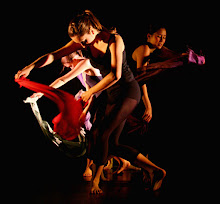Faulks is plowing a lonely furrow. This is the first serious attempt by a male writer for quite a long time to write a contemporary novel that is not genre fiction. His models are Dickens and Trollope. It is short by Victorian standards but promises a resurgence of serious contemporary fiction.
View all my reviews >>







